Graham Masterton
answers the Usual Questions
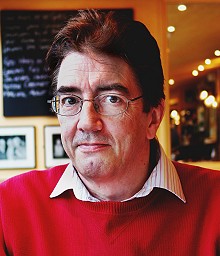
Graham Masterton
After joining his local newspaper at the age of 17 as a junior reporter, Graham was appointed deputy editor of Mayfair the men's magazine at the age of 21. At 24 he became executive editor of Penthouse.
His career at Penthouse led him to write a series of best-selling sexual advice books, including How To Drive Your Man Wild In Bed, which solid 2 million copies worldwide and 250,000 in Poland alone, where it has recently been reprinted.
After leaving Penthouse he wrote The Manitou, a horror novel about the vengeful reincarnation of a Native American spirit, which was filmed with Tony Curtis in the lead role, and also starred Susan Strasberg, Burgess Meredith and Stella Stevens.
Three of Graham's horror stories were adapted by the late Tony Scott for his TV series The Hunger.
Graham has also written historical sagas as well as thrillers and disaster novels.
Has your interaction with fans, for example, at conventions, affected your work?
Meeting my readers at conventions is always encouraging and helpful because they tell me what stories and novels they have really liked and which ones didn't scare them so much. Apart from that, it's a fairly isolated existence being a writer and it's great to have the opportunity to come out and meet the people who enjoy what you do. If I ran a restaurant I could peek out of the kitchen and watch the customers relishing their food, and what was left on the plates would give me an instant idea of whether I was appealing to their appetites or not. But short of climbing up a ladder and peering into a reader's bedroom window while they are reading one of my books there is no other way for me to judge their enjoyment than to ask them (sales, of course, are also a fairly reliable indicator, but not always - it can depend on how aggressively the publisher has promoted the book.
Incidentally, I never refer to my readers as "fans." I am not Justin Bieber. Either I call them readers or simply friends, because what else do you call somebody who takes the trouble to spend money on buying your book and then telling you how much they liked it?
Is there any particular incident (a letter, a meeting, a comment that stands out?
As far as any particular incident is concerned, I lost my temper for the first time in years when I arrived at a certain fantasy convention in Poland to discover that the organisers had almost nothing planned for me to do. I even called a taxi to take me back to the airport. However one attractive young girl who was helping to organise the convention pleaded with me to stay - and she was right, because if I had gone off in a huff I would have been letting down a lot of people who were expecting to meet me. So I stayed, thanks to her, which shows you not so much that I have a warm heart but that I am a sucker for a pretty girl.
Do you have a favourite author or book (or writer or film or series) that has influenced you or that you return to?
My earliest influences were Edgar Allan Poe and Jules Verne. Then I began to read Nelson Algren and Herman Wouk - Algren for his unflinching outspokenness (The Man With The Golden Arm, for instance) and Wouk for his extremely clever manipulation of his readers' sympathies (The Caine Mutiny). Later I discovered the work of the American Beats like Jack Kerouac, Lawrence Ferlinghetti and William Burroughs (The Naked Lunch). I began to write to Burroughs when he was living in Tangier amd when he came to live in London for a while we became friends. I commissioned him to write articles for the magazine I was editing in those days (a kind of Playboy-style publication for men). But also he and I spent hours discussing writing technique...especially how to write so that the reader is completely unaware of the writer's presence in the story. With his involvement, I would produced a short novel called Rules Of Duel which is written in a style which we called "intersection writing" - writing sentences and then cutting them up and swapping them around to bring out different meanings. For instance: "The reader is completely unaware of a kind of Playboy-style outspokenness...with his involvement I would have been letting down The Man With The Golden Taxi."
These days I have very little time for reading fiction, and at the end of a long day I can't honestly say that I feel like it.
Who is the person you would most like to be trapped in a lift with? or a spaceship?
Dolly Parton (well, you have to have some musical entertainment!)
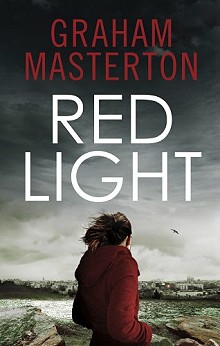
Who is the person you would most DISlike to be trapped in a lift with? Or a spaceship?
Anybody who didn't have the courage of their convictions and who farted a lot.
What would you pack for space? (Is there a food, beverage, book, teddy bear, etc that you couldn't do without?)
I have no security blanket, but I would take Diet Coke, Polish herrings, duck breasts, Chanel Bleu toilet water, a substantial supply of cryptic crosswords, and candles to keep permanently lit in memory of my late wife.
What is the most important thing you would like to get/achieve from your work?
I would like men to learn to understand women. I worked very hard in the 27 sex books that I wrote to show women how to affirm their identity not only sexually but emotionally and socially; and to show men how to be strong but at the same time empathise with the women in their lives. I have tried to do the same in many of my novels, even the horror novels, and I am working on it very hard in my latest series of crime novels featuring Detective Superintendent Katie Maguire - White Bones and Broken Angels and Red Light. I am helping a young woman author to write her first novel and she gives me tremendous insight into women's character and their attitudes towards men.
What is the special satisfaction of your work?
The greatest satisfaction is when somebody says "When I was reading your novel I had to keep looking up to reassure myself that I wasn't actually there, living it." That shows me that the techniques that William Burroughs and I worked on have had the desired effect, and that to the reader I have come what William called El Hombre Invisible - the Invisible Man. It might seem a strange ambition - not to be there - but it takes great skill with words and the rhythm of sentences and especially with dialogue. Always reminds me of the old rhyme: "The other day upon the stair/I met a man who wasn't there./He wasn't there again today/ Oh how I wish he'd go away!"
submitted by Graham Masterton
10 July 2014
For other answers to The Usual Questions Click here
Just the facts:
Born: January 16, 1946, Edinburgh, Scotland.
Resides: Surrey, England.
Bibliography/Awards:
Web site:
Official website: grahammasterton.co.uk
Polish website
Facebook
For posts about Melbourne events, places, news, reviews, giveaways, see our Facebook Page:

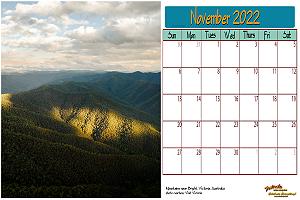


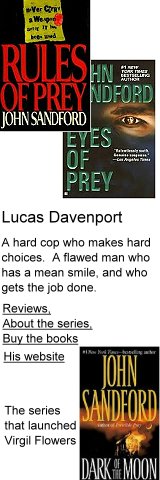
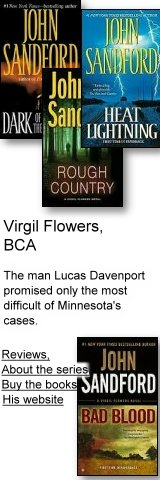




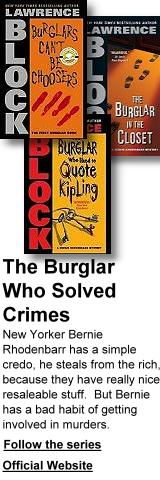
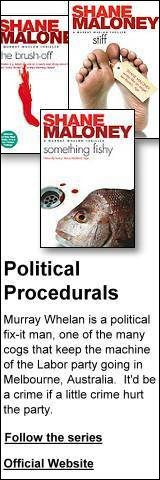


 Published in Melbourne, Victoria, Australia
Published in Melbourne, Victoria, Australia 